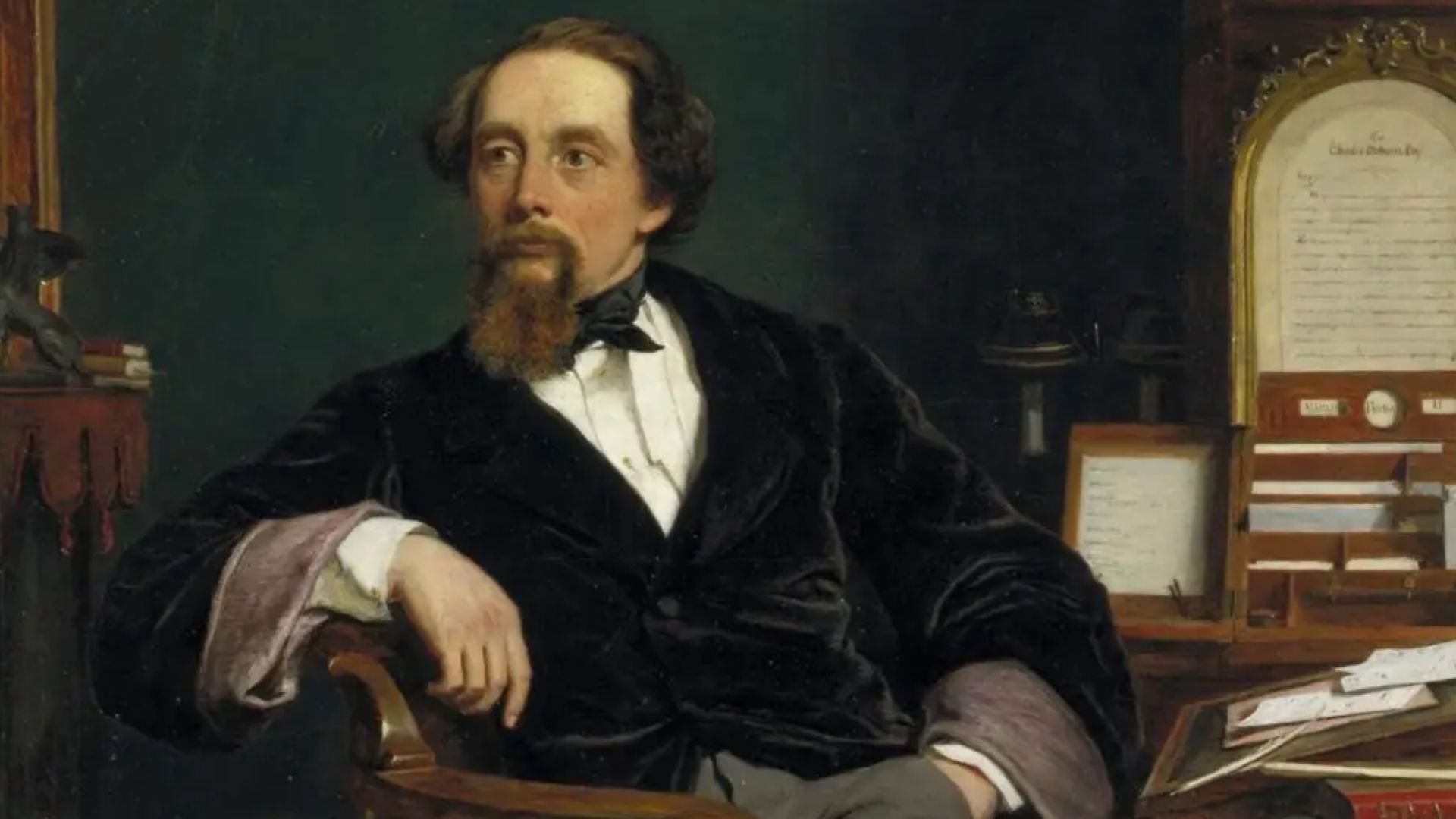Squire Norton's Song Poem by Charles Dickens
Squire Norton's Song
The child and the old man sat alone
In the quiet, peaceful shade
Of the old green boughs, that had richly grown
In the deep, thick forest glade.
It was a soft and pleasant sound,
That rustling of the oak;
And the gentle breeze played lightly round
As thus the fair boy spoke:-
'Dear father, what can honor be,
Of which I hear men rave?
Field, cell and cloister, land and sea,
The tempest and the grave:-
It lives in all, 'tis sought in each,
'Tis never heard or seen:
Now tell me, father, I beseech,
What can this honor mean?'
'It is a name - a name, my child -
It lived in other days,
When men were rude, their passions wild,
Their sport, thick battle-frays.
When, in armor bright, the warrior bold
Knelt to his lady's eyes:
Beneath the abbey pavement old
That warrior's dust now lies.
'The iron hearts of that old day
Have mouldered in the grave;
And chivalry has passed away,
With knights so true and brave;
The honor, which to them was life,
Throbs in no bosom now;
It only gilds the gambler's strife,
Or decks the worthless vow.'
A thoughtful poem indeed... Besides a novelist dickens was a great poet is proved here...
Enjoying the rhythm pace as the tableau grew but the end - the pleasure died as too fatalistic
A beautiful imaged filled poem we would expect from Dickens.
Nice one. Curious boy and calm father nicely describing what honour truly means.
Charles Dickens is eternally a greatest novelist of mankind sure! His has, expressed in this poem, a rare one about a great fact that death puts an end to all honours, chivalry of knights and everything to nothing finally in life! Wonderful truth about life's end for all!
This poem has not been translated into any other language yet.
I would like to translate this poem
In the deep! ! Thanks for sharing this poem with us.